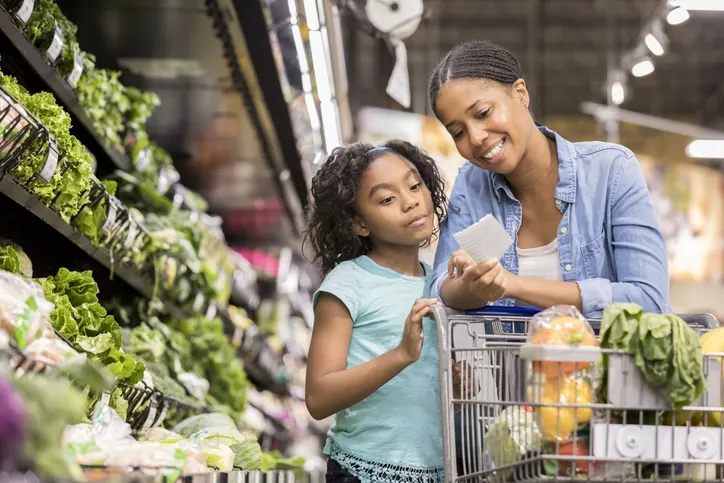Ever wonder about the environmental footprint of your grocery list? While it may seem like a simple act of picking up necessities, the choices we make at the supermarket can have a significant impact on the planet. From resource-intensive production to packaging waste, understanding the hidden impact of our groceries empowers us to make more sustainable choices.

The Environmental Demands of Agriculture as a Whole
Agriculture plays a crucial role in feeding the global population, but it also places significant demands on our planet’s resources. A staggering 70% of all freshwater goes towards agricultural practices, and half of the world’s usable land is dedicated to cultivating crops and raising livestock. Furthermore, the food production process generates a substantial portion of greenhouse gas emissions, accounting for roughly 26% of the global total.
Food Industries and Their Environmental Impact
Not all groceries are created equal when it comes to their environmental footprint. The amount of greenhouse gas emitted depends on various factors, including land use, processing methods, transportation, and packaging. Meat production, for example, is a significant contributor to greenhouse gases. One kilogram of beef comes with a hefty carbon footprint of 60 kg of GHG emissions, compared to just 3 kg for a kilogram of wild-caught fish or milk.
Food Waste and Packaging Woes
Beyond the environmental impact of food production itself, food waste adds another layer of concern. A significant amount of food ends up in landfills, creating methane, a potent greenhouse gas. Furthermore, almost half of all municipal solid waste comes from food and packaging. The single-use nature of most food packaging further exacerbates the problem, with only a small portion being recycled or composted. The plastic used in packaging can linger in landfills for decades, potentially leaching harmful chemicals into the environment.
Empowering Sustainable Grocery Choices

Fortunately, numerous steps can be taken to reduce the environmental impact of our grocery habits. Simple strategies like using reusable shopping bags instead of plastic ones and opting for plant-based meals more often can make a significant difference. Planning grocery lists, buying seasonal produce, and practicing proper storage to minimize food waste contributes to a more sustainable approach. Furthermore, by actively choosing products from companies that prioritize sustainable practices, such as using eco-friendly packaging, we can drive change towards a more responsible food industry. Ultimately, the choices we make at the grocery store have the potential to shape a more sustainable future for our planet.
By understanding the environmental implications of our food choices and adopting more conscious practices, we can collectively contribute to a healthier planet and a more sustainable future. Additionally, supporting retailers and distributors who prioritize sustainable packaging and cold chain shipment practices can play a crucial role in minimizing waste and energy consumption. The resource accompanying this article delves deeper into the environmental demands of agriculture and the hidden impact of food choices. It also provides actionable tips for making more sustainable decisions the next time you head to the grocery store. We can transform our grocery lists into tools for a healthier planet.

Jessi is the creative mind behind The Coffee Mom, a popular blog that combines parenting advice, travel tips, and a love for all things Disney. As a trusted Disney influencer and passionate storyteller, Jessi’s authentic insights and relatable content resonate with readers worldwide.
